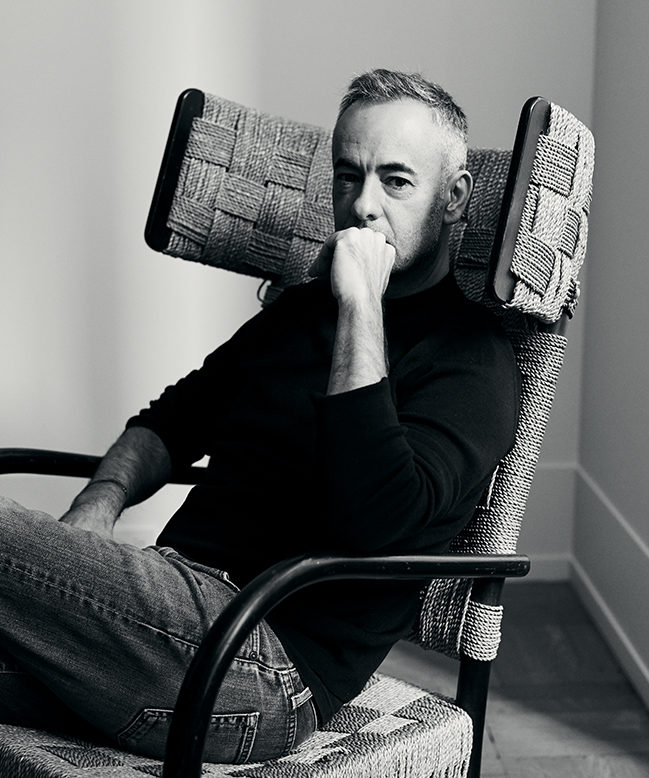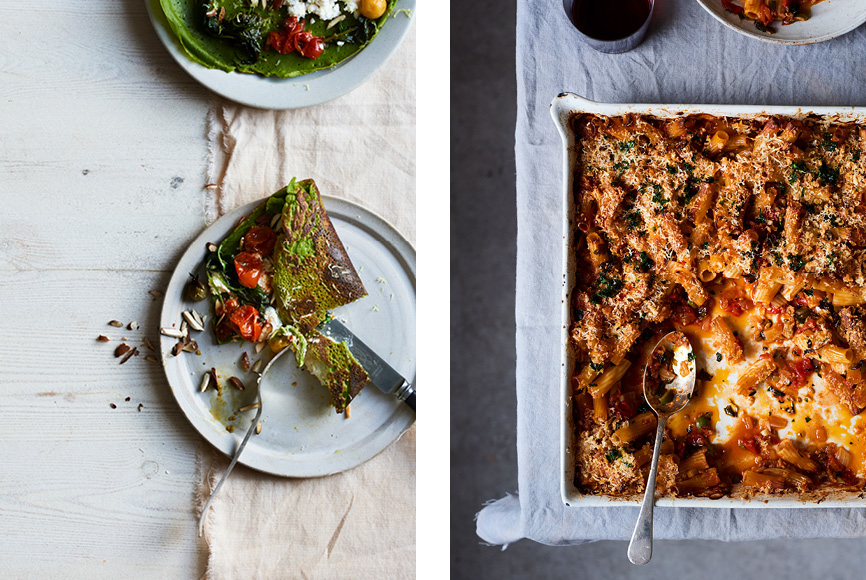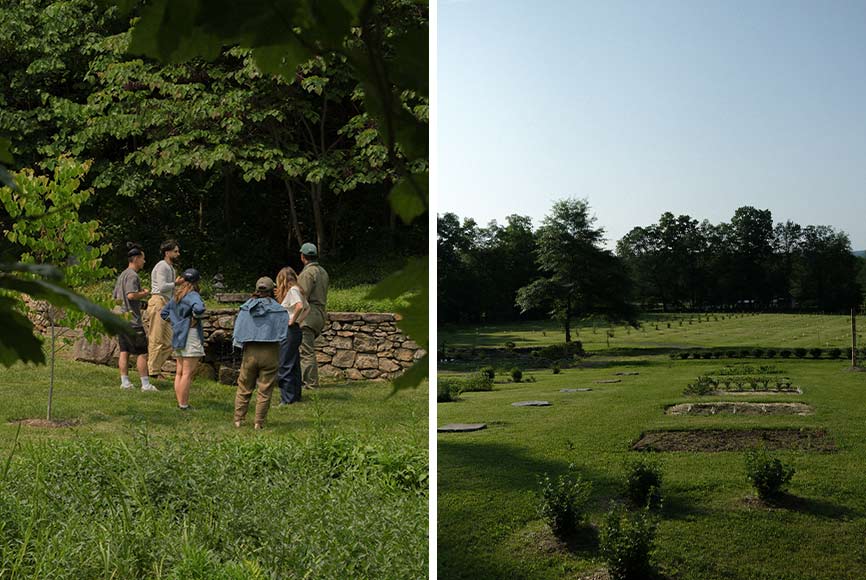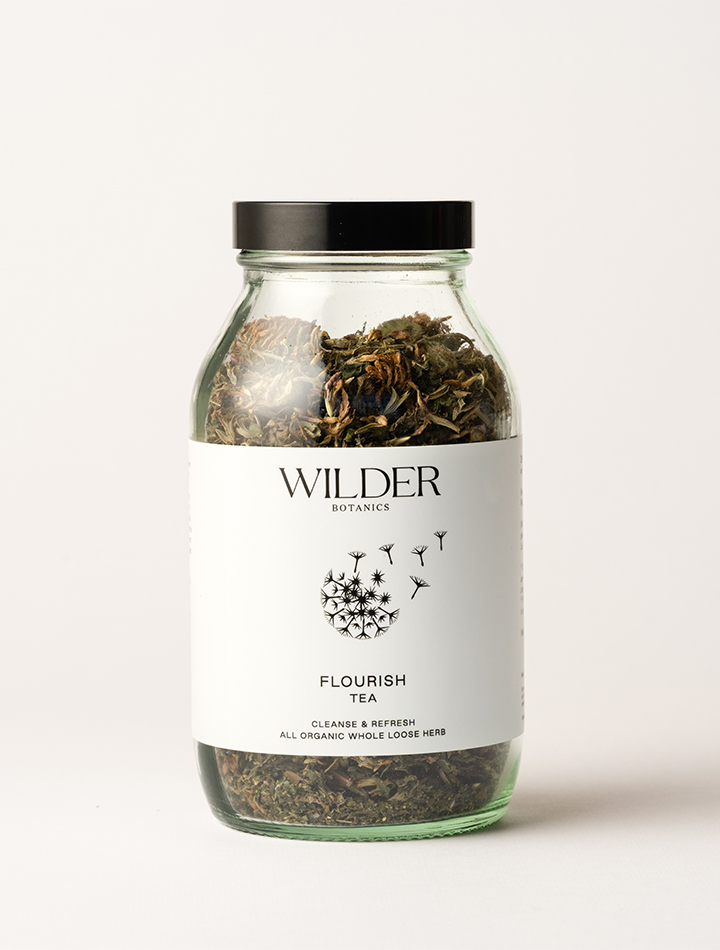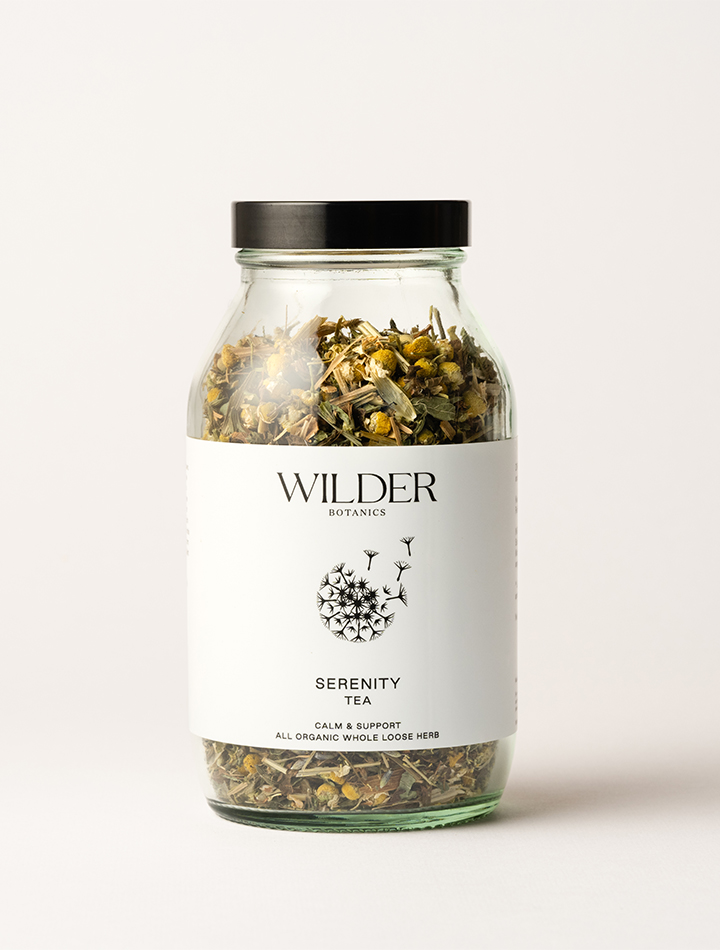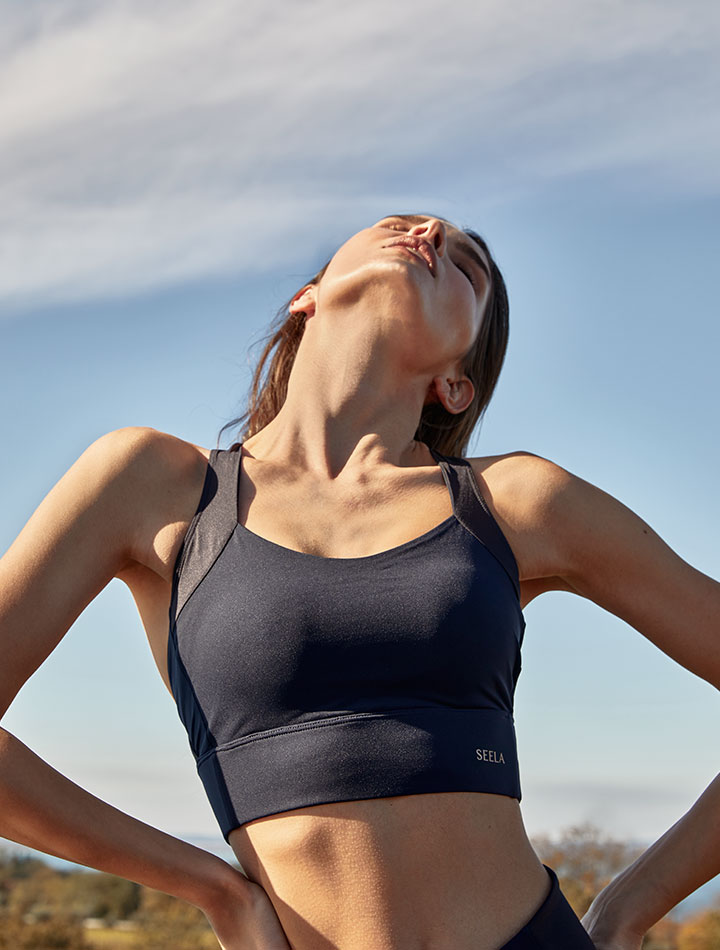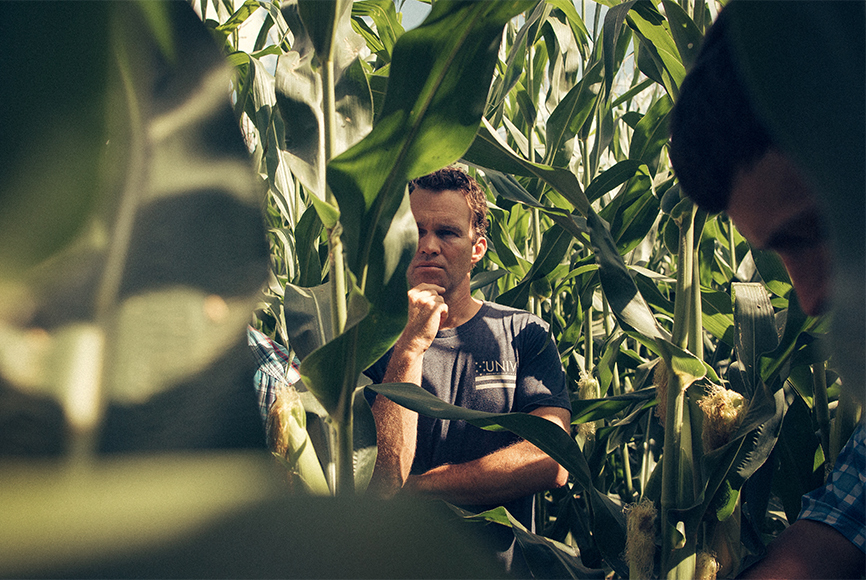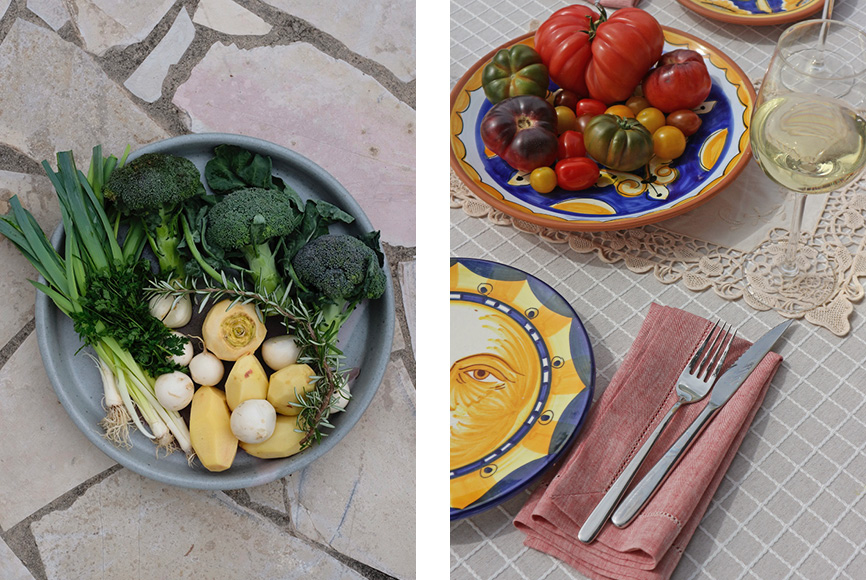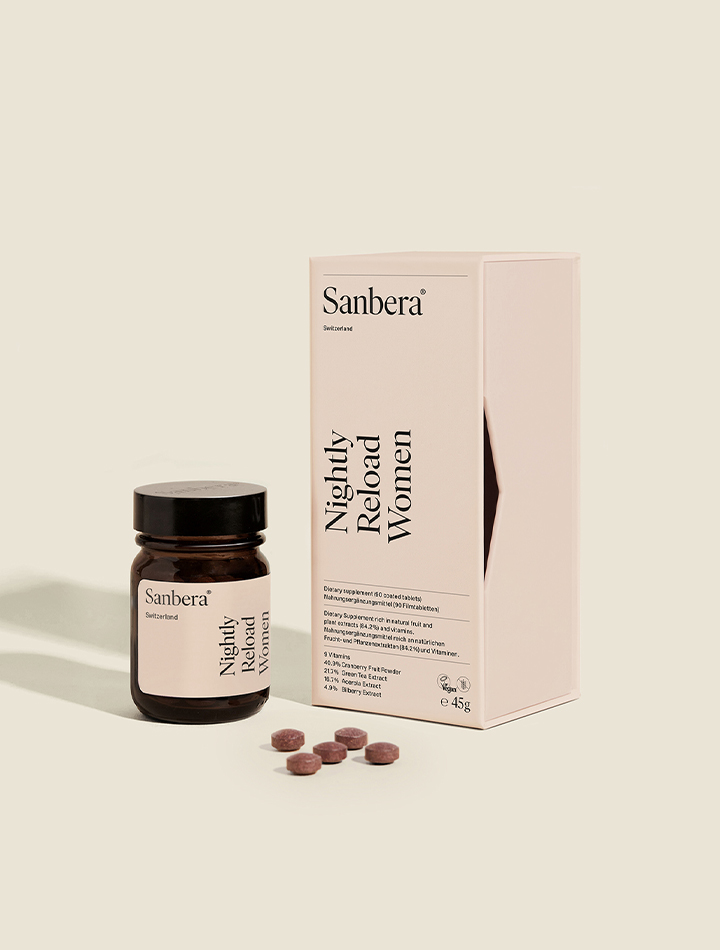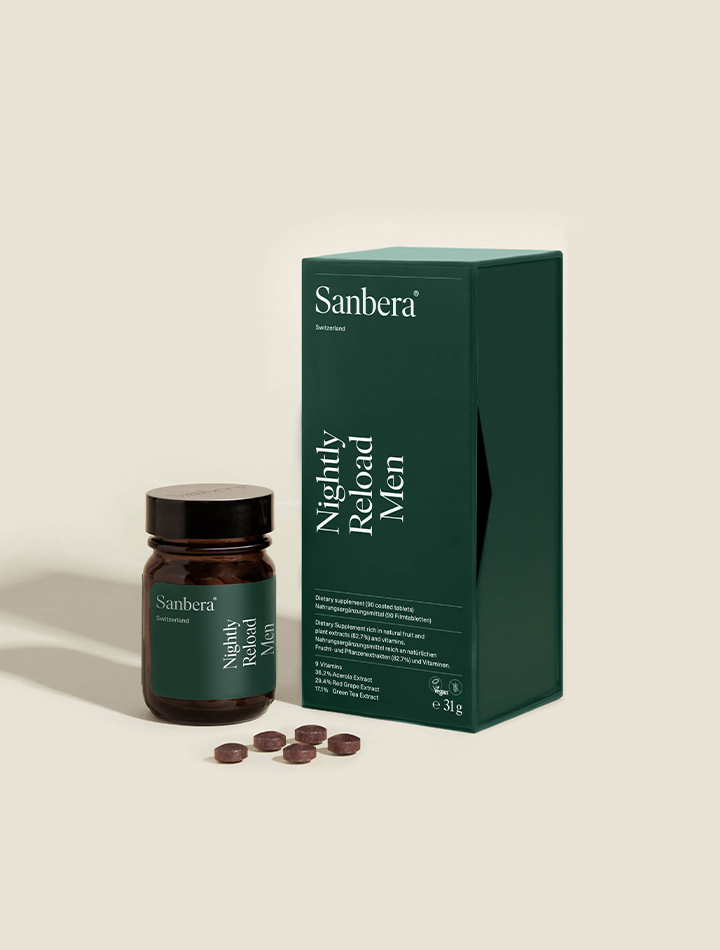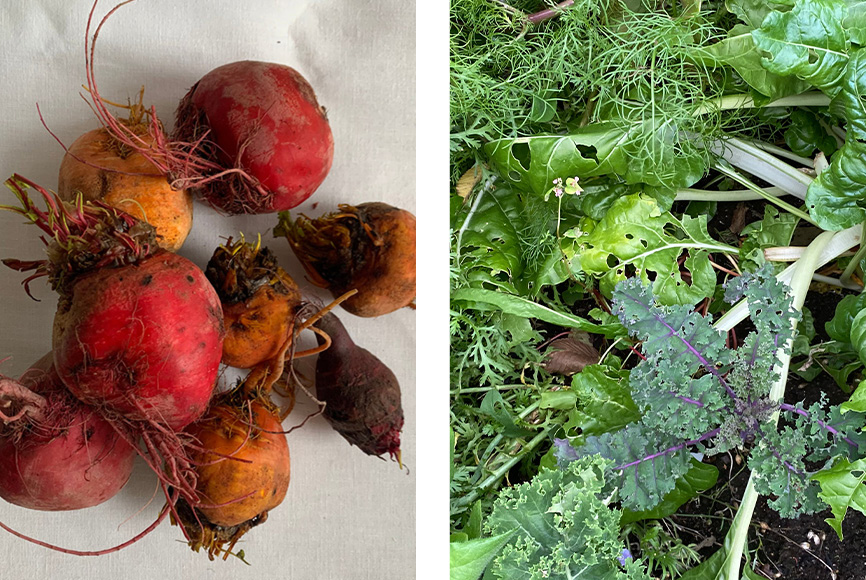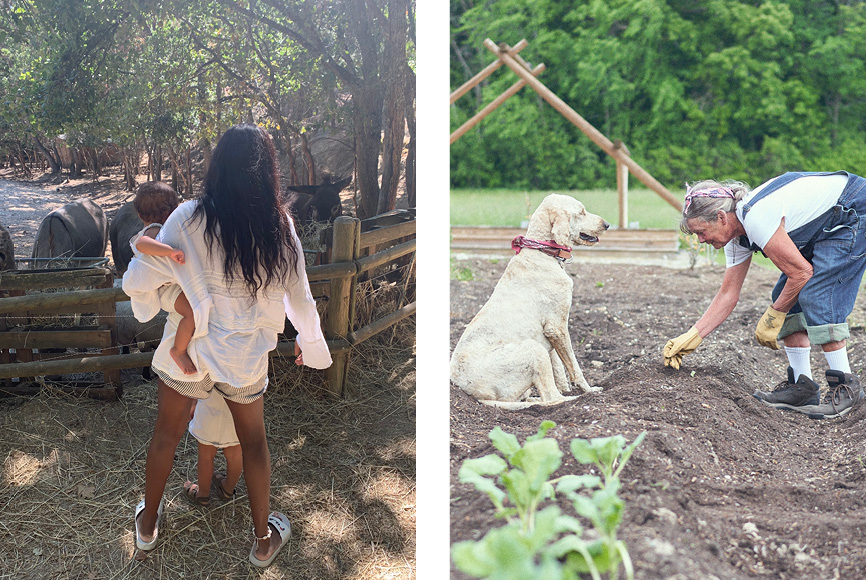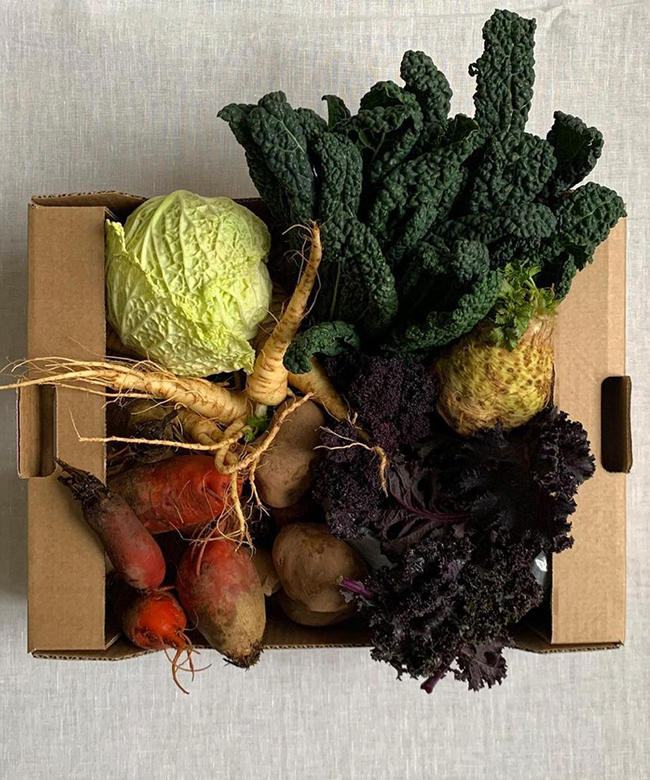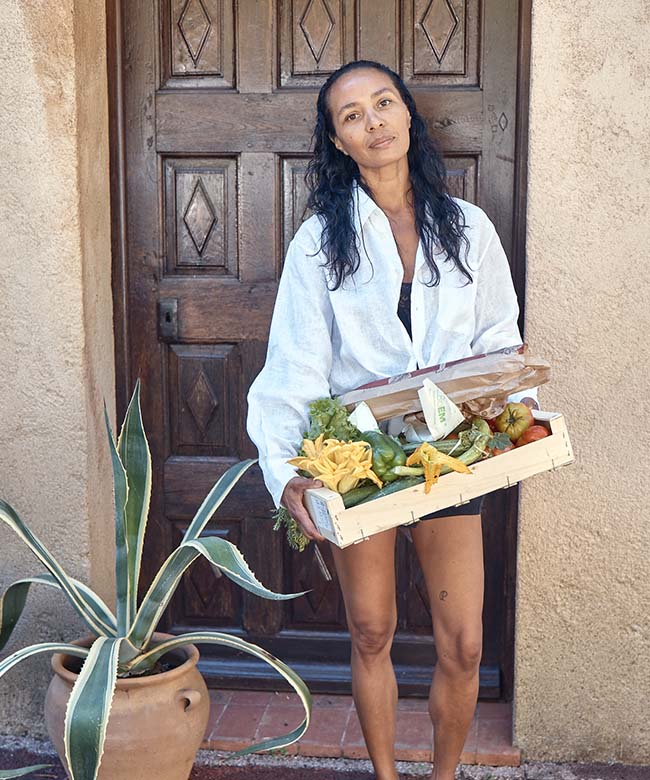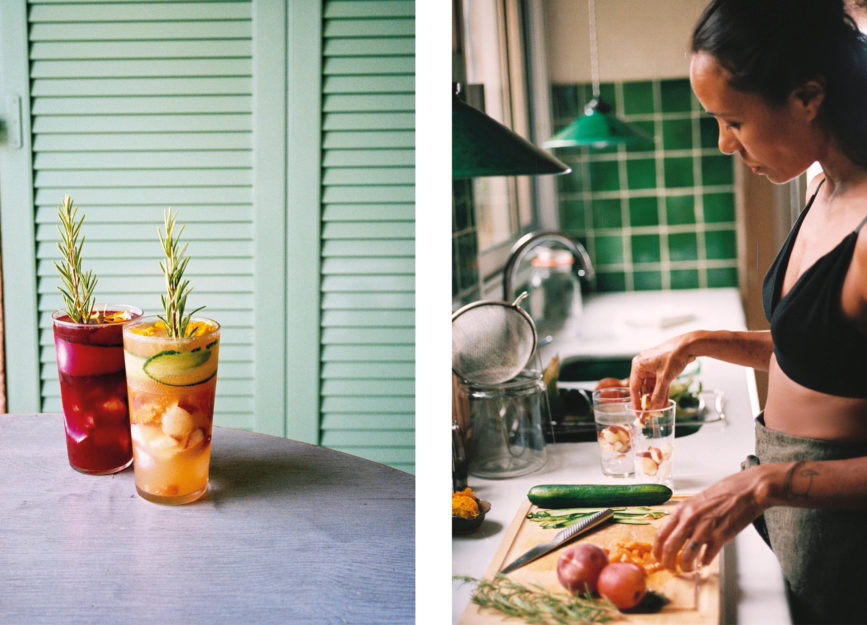
@detoxlife
@spring_to_go
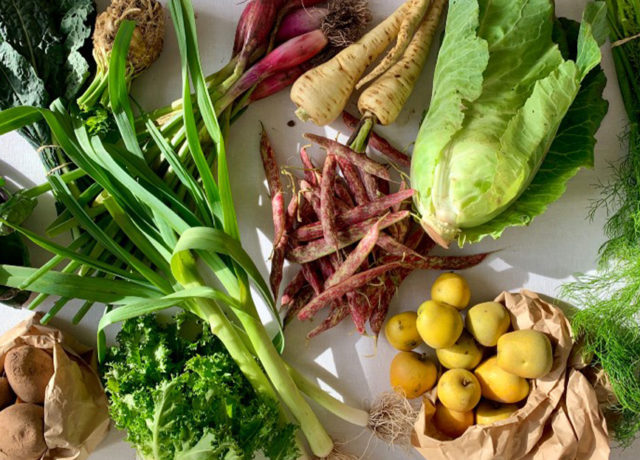
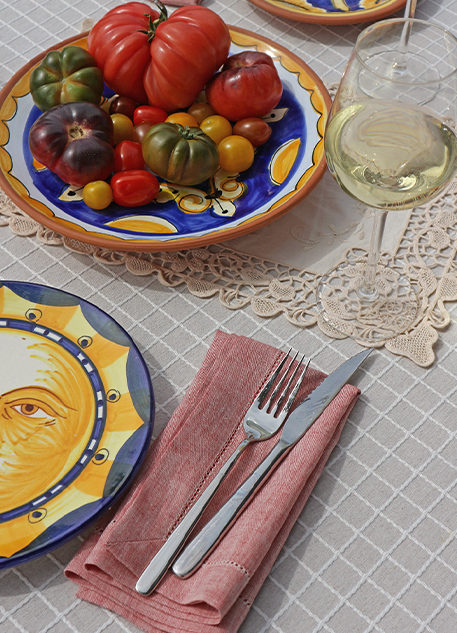
@arkitaip
Lifestyle
World Health Day – Our Top 10 Tips for Sustainable Wellness
This World Health Day we are thinking a lot about what “wellness” means in a time when we are confronted by pollution, climate change and a bevy of chemicals in almost everything we find. Most recently it’s been found that we actually have microplastics in our blood streams due to the insane amount of plastic being produced in the world today, and we don’t yet know the health implications of that. It can seem overwhelming to navigate the world of health, but here at REV we like to look at everything through the lens of sustainability and so that’s just what we are doing today!
See below our top ten wellness tips for sustainable wellness that looks at planetary as well as personal health.
1. Switch to a more plant focused diet.
This is a huge sustainable wellness tip for both the health of our planet and our own personal health. Whilst we would never tell anyone to completely change their diets without consulting a medical professional, all of us could eat a lot more plants and plant protein. To help cut back on the emissions and large carbon footprints associated with meat and dairy. Our recent podcast episode with Anna Jones of We Are Food is a great place to start if you are looking for a bit of motivation and a guiding hand!
2. Pay attention to soil.
Soil health is key to both human and planetary health. So, caring for our dirt can greatly impact many areas of well-being! One of our favorite destinations for learning about and engaging with the soil is Bloom Farm. Bloom Farm is nestled in Oley Valley, PA. And arguably has some of the most incredibly fertile land in the country. They host workshops, retreats, and farm tours. A perfect way to understand the role that the soil plays in health. Arrange a visit here and listen to our podcast with the founder, Sam Nama-Sinkam, here!
3. Turn screens off an hour before bed. Set a calming mood.
We are all guilty of this. Constantly scrolling through our phones. Even as we are in bed and our bodies should be starting to relax for sleep. But the blue light and stimulation we get from our phones and computers can really affect our ability to fall asleep. Our next sustainable wellness tip would be to leave your phone outside of your bedroom. Instead invest in an alarm clock to wake you up. Also buy (from your local independent bookstore!) some lovely books to read before bed.
4. Get moving for at least 30 minutes a day.
Movement is an obvious wellness tip but one that we often overlook or find it hard to make time for. But this can be as simple as a nice walk after work. Or a gentle yoga class. When we do get moving, we like to use non toxic activewear from Seela. All Seela activewear is made using castor bean fiber, Ricinus Communis. Wildly grown and sustainably sourced, this fabric creates a perfect synthesis of performance and environmental awareness. The fabric is certified by DIN CERTCO and OEKO-TEX STD 100 CLASS I systems; and it is biodegradable. This is a stunning line of activewear that has no nasties!
5. Focus on gut health.
We are big believers that health is very much connected to our gut, and have been having some conversations around this with experts! One of our most beloved podcasts is with a man who has really made this connection between healthy soil, healthy gut, healthy people is Zach Bush MD and we encourage anyone wanting to learn more from an expert to tune into his podcast episode!
6. Eat as locally as possible.
We’re huge fans of eating locally for the smaller carbon footprint and sustainable wellness. It’s one of our favorite sustainable wellness tips for both you and the planet! Local eating can also really benefit your health since food retains more nutrients when it’s consumed soon after being harvested from the ground. To get the full benefits of the vegetables and fruits you eat, try to go as close to the food source as possible. It’s a simple wellness tip that makes a big difference.
Our best wellness tips for achieving this include seeking out your local farmer’s market. Vendors here often harvest their produce that very morning. You can also try growing some of your own vegetables at home! Herbs and potted tomatoes are perfect starter plants and among our top wellness tips for beginners. No matter where you live. These small changes can transform both your health and your connection to the food you eat.
7. Avoid plastics as much as you can
An investigation, co-ordinated by Orb Media in 2017, found that most of the 259 bottles of water tested were contaminated with microplastics. They have been reported in tap water, beer and many other foods. And now people will be surprised that almost all bottled water appears to be contaminated too (University of East Anglia). There was also a recent study we read in The Guardian that for the first time a study found that in a majority of people miscroplastics had shown up in their bloodstream.
Microplastic pollution has been detected in human blood for the first time, with scientists finding the tiny particles in almost 80% of the people tested.
The discovery shows the particles can travel around the body and may lodge in organs. The impact on health is as yet unknown. But researchers are concerned as microplastics cause damage to human cells in the laboratory and air pollution particles are already known to enter the body and cause millions of early deaths a year. Giving up plastic will help you and the environment from exposing even more of this.
8. Choose clean vitamin supplements
Sanbera is our new favorite line for easy, daily tablets with a huge kick of goodness. One of the most transformative things we can do for ourselves is create rituals, day and night, focused on our health and wellbeing.With clean, premium, and powerful ingredients, this dietary supplement seamlessly meets the body’s nutritional requirements during the day with a super-effective alliance of antioxidants, twelve essential vitamins, and six vital minerals to strengthen immunity and boost energy levels. At Sanbera, they have worked tirelessly to bring modern science into those moments: A daily and nightly dose of wellbeing designed to improve your habits, create healthy rituals and deliver tangible results for your body and mind.
9. Go all in on Organic
According to the Soil Association, if all of Europe’s agricultural land followed organic principles, farming-related emissions could drop by 40-50% by 2050 and with plenty of healthy food to feed a growing population. Organic farms also do not use any chemical pesticides or fertilizers, and rely on natural alternatives, therefore they don’t emit those emissions either. Since soils store more carbon than our atmosphere and all the world’s plants combined, maintaining healthy soils is one of our best ways to fight climate change. That is why organic farming is so important, because the practice is based on nourishing the soil, which in turn helps the soil build carbon! Avoiding pesticides is hugely important for our health, and fighting climate change is hugle important for the health of the earth!
10. Finally, devote time to purposeful activities and engagements.
We have always found Dan Buetner who has written and researched extensively the Blue Zones – areas on earth where people live the longest and healthiest lives. Some of his key findings are fascinating in terms of what they eat (mostly plants), what they drink (coffee and wine are in there – yay!) and that they are all physically active for the entirety of their lives. But one less obvious thing he found is that they all have a sense of purpose throughout their entire time on earth – whether that be found if family, community endeavors or simply maintaining their garden. As he says:
“Purpose is the convergence of values, passions, what you like to do, what you’re good at. Then the important part, in my opinion, is there’s no purpose unless there’s an outlet for it. The best outlet I think is your job because you do it every day, but 69% or so of Americans don’t find purpose at work. So then it’s got to be your family, or volunteering, or a hobby. But it’s got to be putting those passions and expertise and gifts to work.
Once you identify that, man, it’s just like supercharging your engine. People with a strong sense of purpose [are] more likely to take their medicines, they’re more likely to be physically active, their mind is more likely to be engaged, they’re more likely to eat the right food, to make the effort to connect socially. It’s just so fundamental. I like to say that if you could put purpose in a capsule, it would be a blockbuster drug, because we know people with a strong sense of purpose retrospectively live about eight years longer than people with no sense of purpose.” – Dan Buetner
















